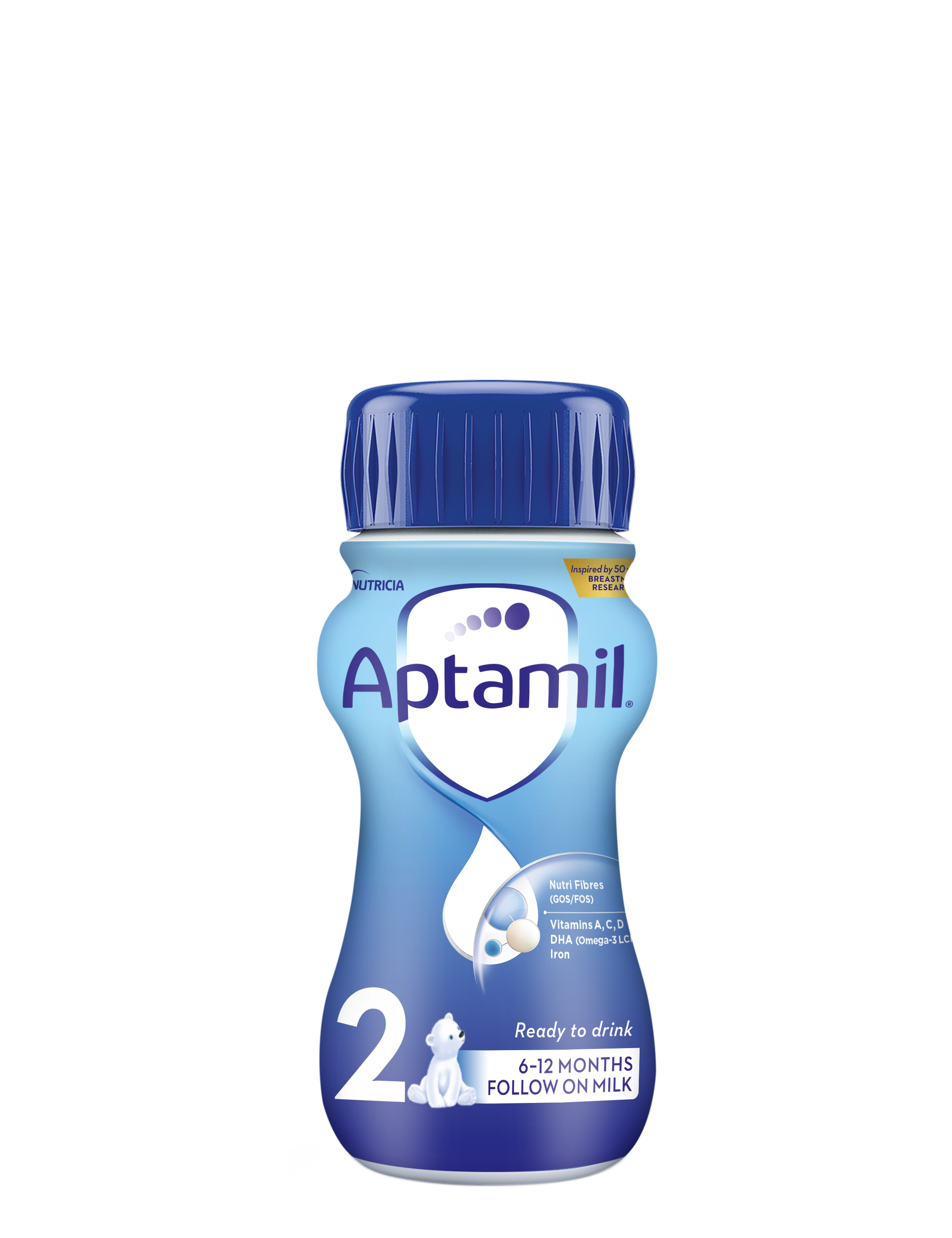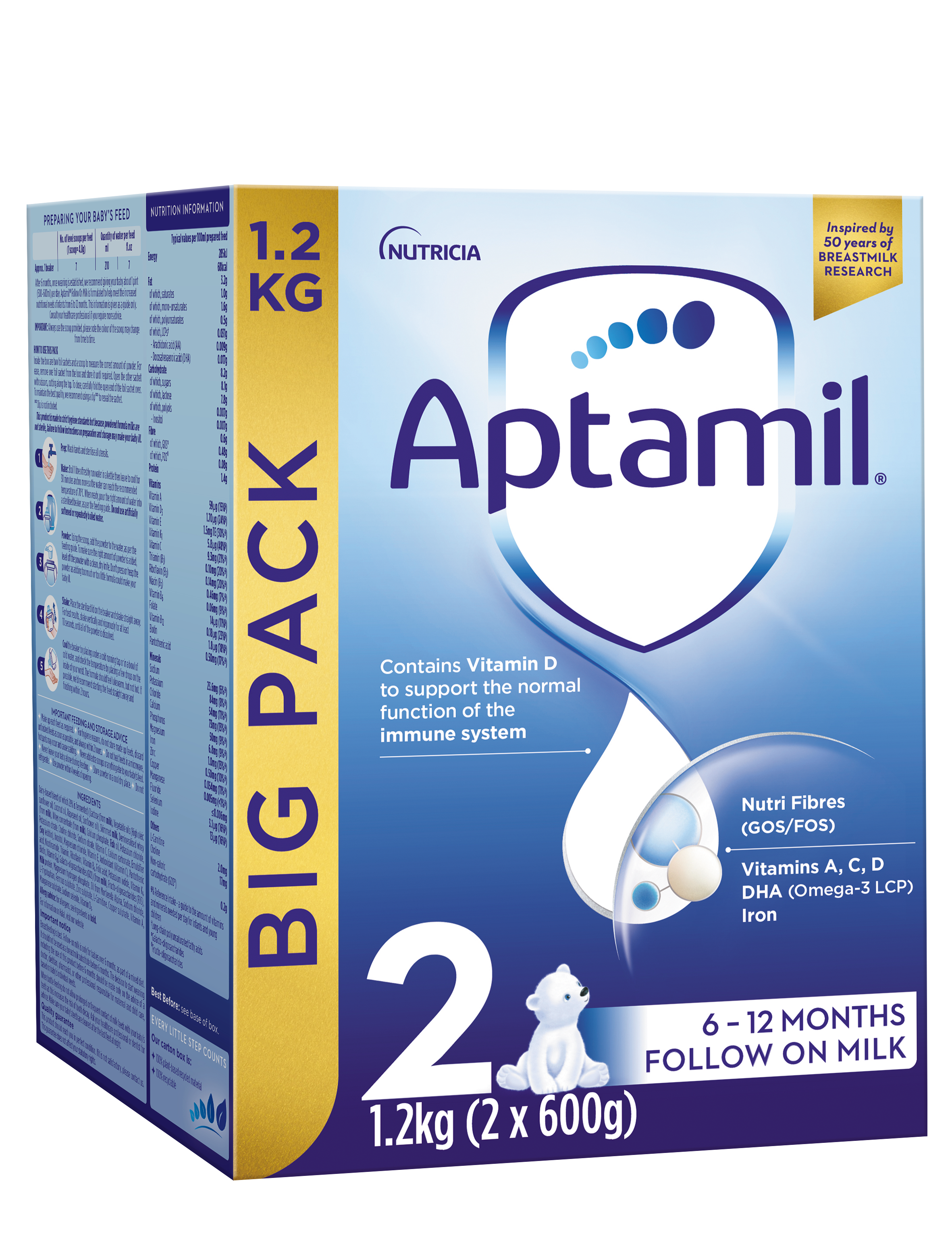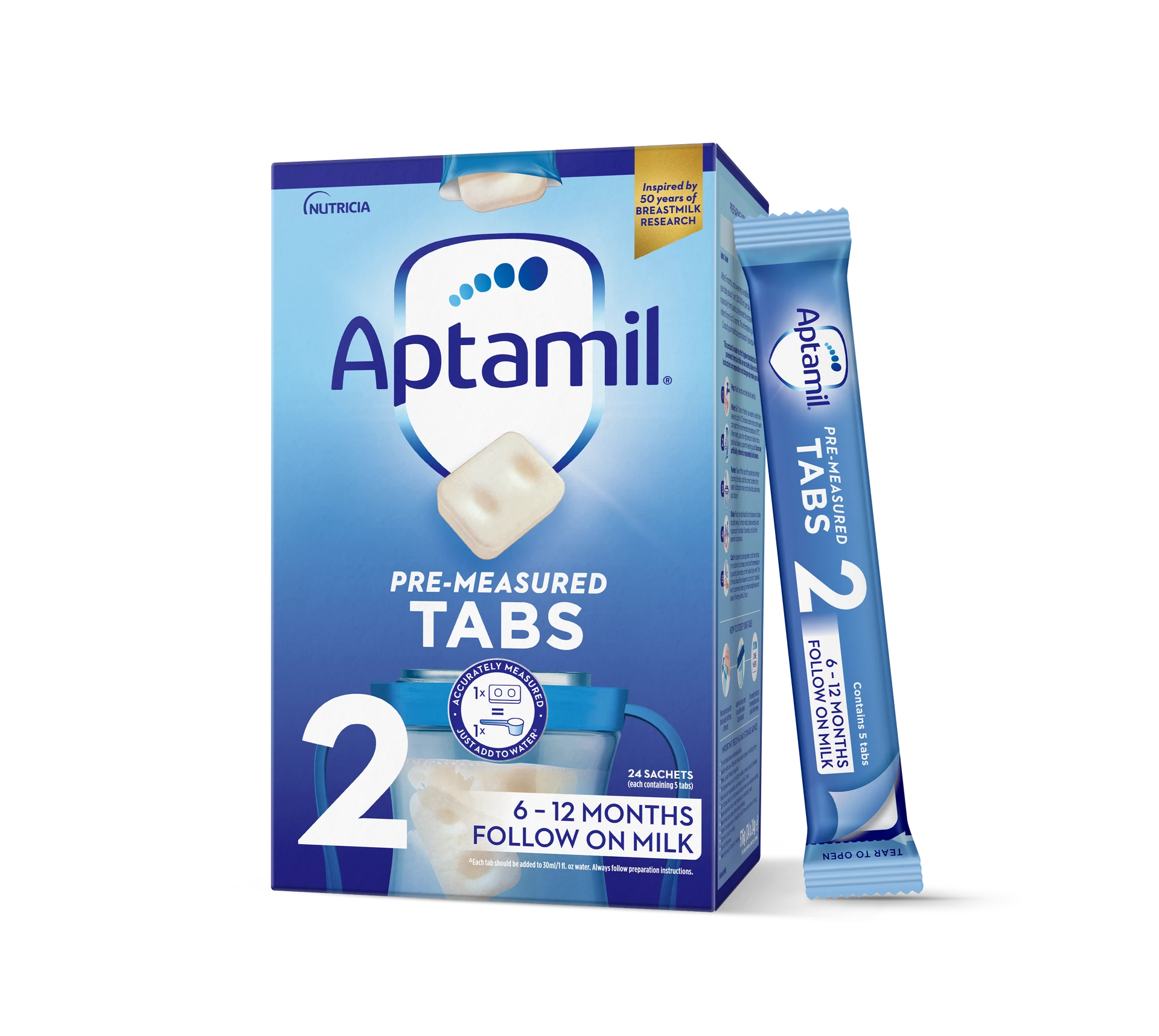WHY APTAMIL?
Key Benefits
Recommended products
Parents and babies also love these
reviews
What parents say about Aptamil
SUGGESTED topics BY APTAMIL
Get tips from experts

Get in touch with our Careline experts
Our midwives, nutritionists and feeding advisors are always on hand to talk about feeding your baby. Need instant assistance? Our WhatsApp Customer Support team is here to help on-the-go!
Important notice
Breastfeeding is best. Follow-on milk should only be used as part of a mixed diet from 6 months. Talk to your healthcare professional.















